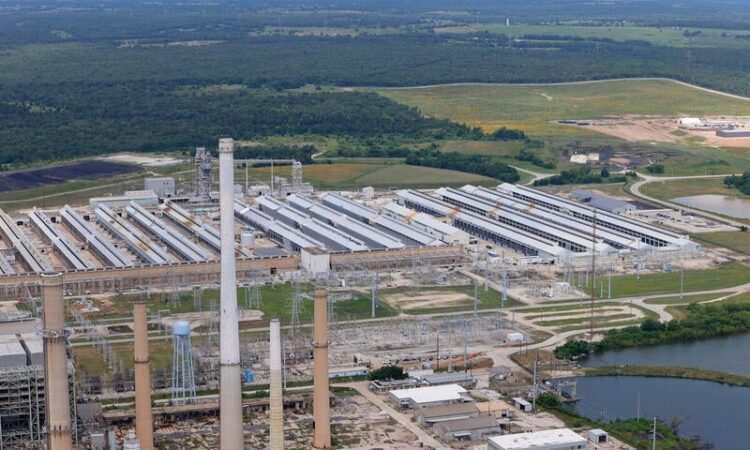U.S. Energy Information Administration Announces It Will Require Cryptocurrency Mining Companies to Report Their Energy Use for the First Time

Today the U.S. Energy Information Administration (EIA) announced that it is initiating a provisional survey of electricity consumption from cryptocurrency mining companies in the United States.
Cryptocurrency mining expanded rapidly in the U.S. following China’s ban on cryptocurrency mining in 2021. By 2023, estimates indicate that nearly 38% of cryptocurrency mining in the world occurred in the U.S., making it the top country for cryptocurrency mining in the world. The growth of cryptocurrency mining threatens to keep polluting coal-and gas-fired power plants active, strains the grid, and can raise electricity rates for American families.
Mandy DeRoche, Deputy Managing Attorney of the Clean Energy Program at Earthjustice, issued the following statement:
“Until now, proof-of-work cryptocurrency mining has been largely invisible to U.S. regulators with little-to-no reporting requirements. The massive energy consumption of cryptocurrency mining and its rapid growth in the United States threaten to undermine progress towards achieving climate goals, and threaten grids, communities, and ratepayers.
“We are encouraged by the EIA’s actions to collect information on this hugely energy-intensive industry, which has grown so substantially in the United States in just the past couple of years and for which there is so little publicly-available information. Many organizations and individuals have attempted to gather this information but have been unable to do so. Requiring cryptocurrency mining operations to report their energy use is a turning point for this industry that has thrived in the shadows. The data on cryptocurrency’s energy use is crucial for grid operators, state and federal regulators and communities who host these problematic facilities. We look forward to next steps from the EIA after this provisional step.”
Background
In November and December 2022, Earthjustice, in partnership with many other organizations, submitted comments to the U.S. Energy Information Administration about the negative climate and environmental impacts of cryptocurrency mining requesting that the agencies collect data about cryptocurrency’s energy consumption.
In September 2022, the White House Office of Science and Technology Policy released a report about the industry’s climate threats and the need for regulation. Earthjustice and the Sierra Club released a guidebook, “The Energy Bomb” finding that in one year from mid-2021 to mid-2022, Bitcoin mining in the U.S. alone consumed as much electricity as four states combined, emitting 27.4 million tons of CO2 — equivalent to the emissions of as much as 6 million cars annually.
The massive energy consumption of cryptocurrency mining threatens to undermine decades of progress toward achieving climate goals and reducing local pollution. In addition, cryptocurrency mining practices raise costs and risks for utilities and their ratepayers, can stress electric grids, and flood communities with noise.
Rather than investing in long-term energy infrastructure that benefits the grid, the cryptocurrency mining industry seeks the cheapest available energy that can serve its needs. In practice, that translates to mining cryptocurrency at and near coal and gas plants and tapping into power grids that are often fossil-fuel heavy.






